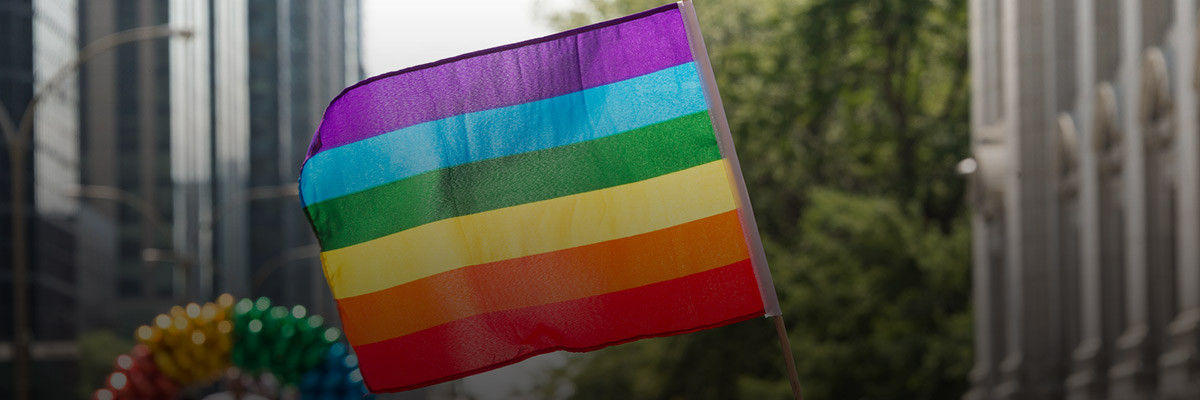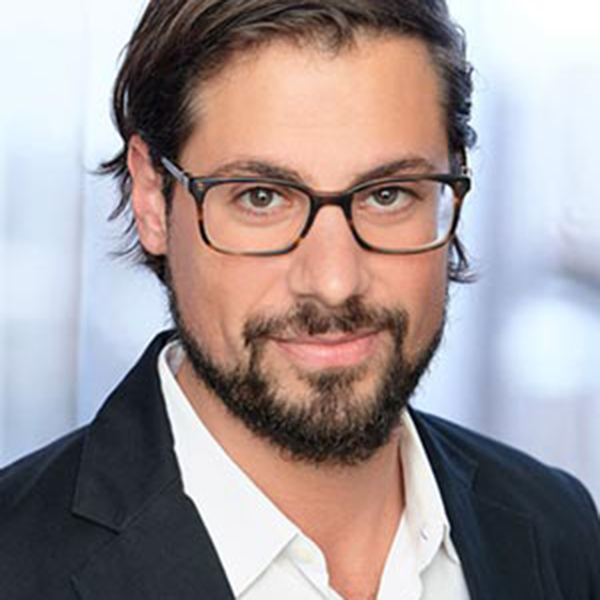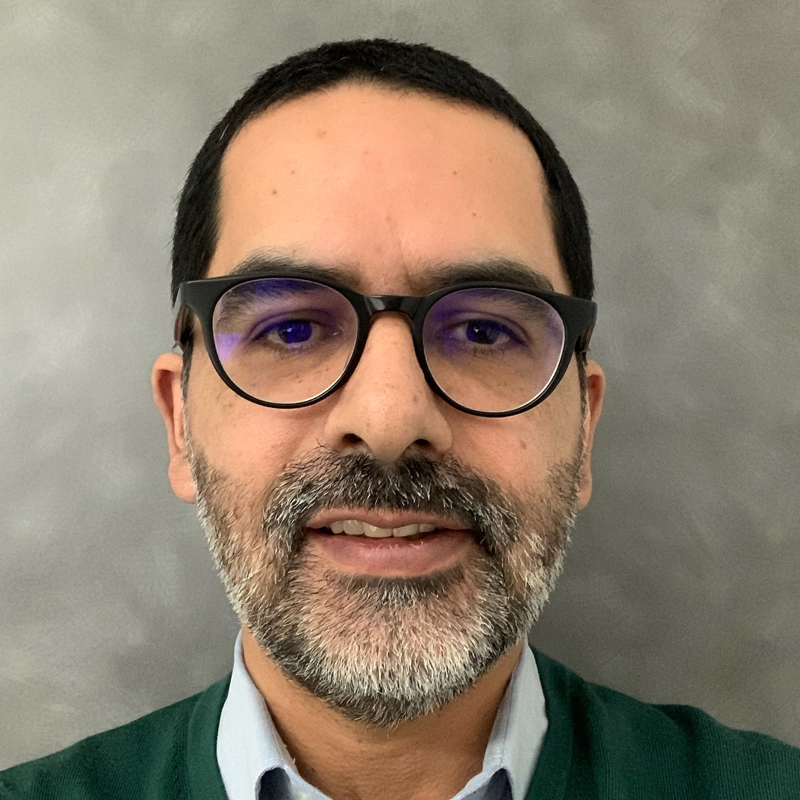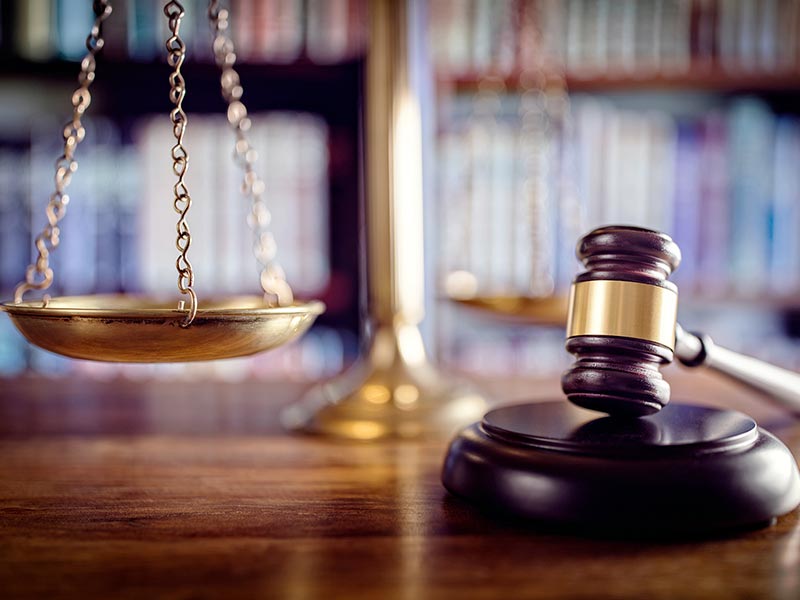
In the last 20 years, society has made great strides in the promotion and protection of the human rights of lesbian, gay, bisexual, trans, and intersex (LGBTI) people around the world. Since the Netherlands became the first country to legalize same-sex marriage in 2001, nearly 30 countries have followed suit, most recently in Taiwan. Significant changes are happening not just legally, but culturally as well—a shift that has been fully embraced by the private sector. Multinational corporations around the world have adopted diversity and inclusion initiatives that promote LGBTI rights in the workplace, and companies have taken an active role in the promotion of inclusivity—from sponsorship of Pride events around the world to promoting LGBTI-inclusive advertising and marketing campaigns.
While the gains made over the last several decades are plentiful, there remains significant work to be done.
Responding to this gap, the UN Office of the High Commissioner for Human Rights (OHCHR) published the UN Standards of Conduct for Business Tackling Discrimination against LGBTI People (the Standards) in 2017. These Standards build upon the UN Guiding Principles on Business and Human Rights and “offer guidance to companies on how to meet their responsibility to respect everyone’s rights – including, in this case, the rights of LGBTI people,” according to Zeid Ra’ad Al Hussein, then the UN High Commissioner for Human Rights. Importantly, the Standards also “take the case for corporate engagement a step further – by pointing to the many opportunities companies have to contribute to positive social change more broadly in the communities where they do business.”
While the Standards provide a powerful framework, operationalizing and implementing the Standards have largely been left up to companies. To address this challenge, BSR is pleased to announce our latest Collaborative Initiative, the Partnership for Global LGBTI Equality (PGLE), a collaboration between the World Economic Forum, OHCHR, and BSR.
Legal and de facto discrimination against LGBTI people remains rampant through restrictions on marriage, adoption, and even the ability to serve in armed forces in many places, including the United States.
In spite of recent progress, a collaboration like PGLE is as important as ever, as there remain significant challenges and risks around the world to the LGBTI community. As of 2018, homosexual activity remains illegal in 71 countries, primarily in the Middle East, Africa, and Asia—in April 2019, Brunei implemented the death penalty for homosexual activity, highlighting how significant the threat is to the human rights of LGBTI people. Even in countries where same-sex activity is not technically illegal, rampant legal and societal discrimination remains pervasive. For example, there are no protections against general LGBTI discrimination in 101 countries around the world, no protections for LGBTI housing discrimination in 112 countries, and 93 with no protections for LGBTI employment discrimination. Legal and de facto discrimination against LGBTI people remains rampant through restrictions on marriage, adoption, and even the ability to serve in armed forces in many places, including the United States.
PGLE’s mission is to accelerate equality and social and economic inclusion for LGBTI people by leveraging the power of business in three key ways:
First, PGLE and our corporate and NGO partners will operationalize the Standards by developing practical guidance, including new tools and methodologies that will help companies assess how well they are doing in complying with the Standards. These tools and methodologies will support companies in improving their overall compliance with the Standards and general human rights commitments.
Next, PGLE will facilitate shared learning by working with our corporate partners to promote the Standards and LGBTI equality and develop a living repository of best practices and case studies to support companies and other stakeholders around the world. We will also partner to integrate discussion of LGBTI issues at World Economic Forum events and other venues in order to spotlight the importance of this crucial topic.
Finally, we will continue to build awareness of the Standards and LGBTI rights in general by recruiting an additional 200 corporate supporters of the UN Standards as well as by expanding membership in PGLE to 100 members by 2020.
We invite companies from all industries to join PGLE as we begin the journey of developing a powerful collaboration to promote LGBTI equality worldwide. For more information, please reach out to us.
Topics
Let’s talk about how BSR can help you to transform your business and achieve your sustainability goals.









